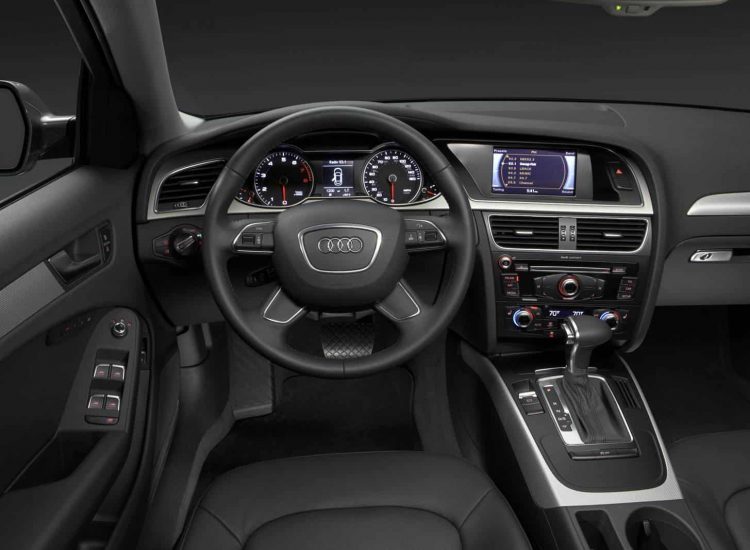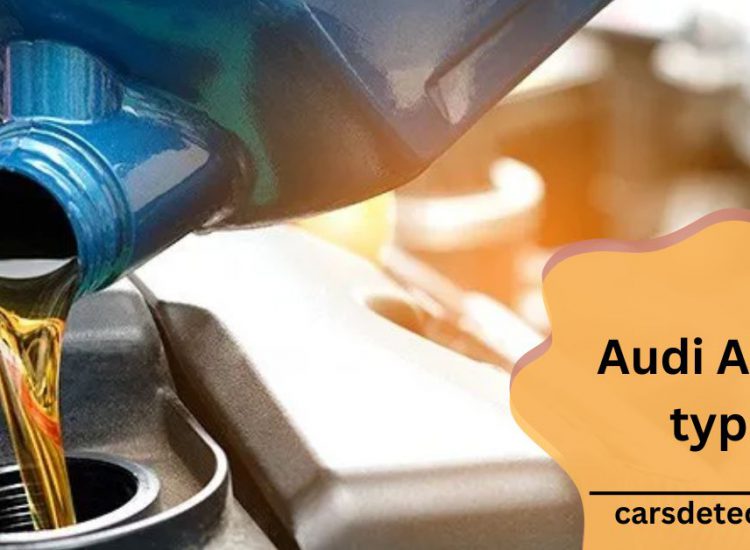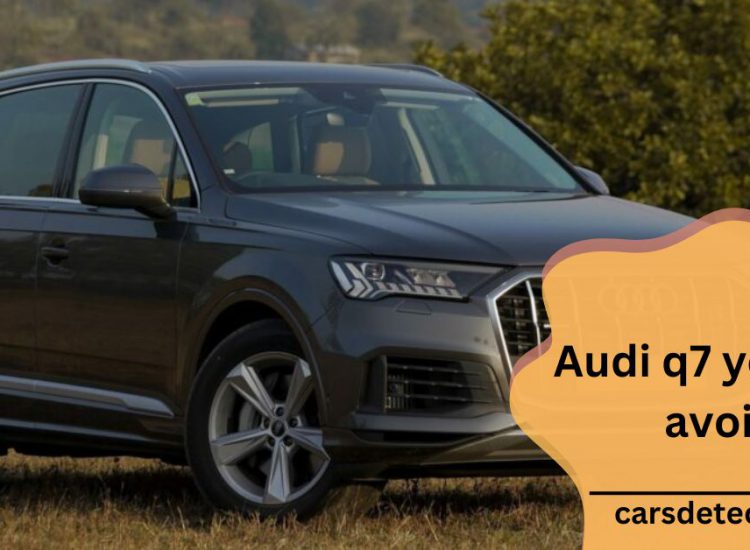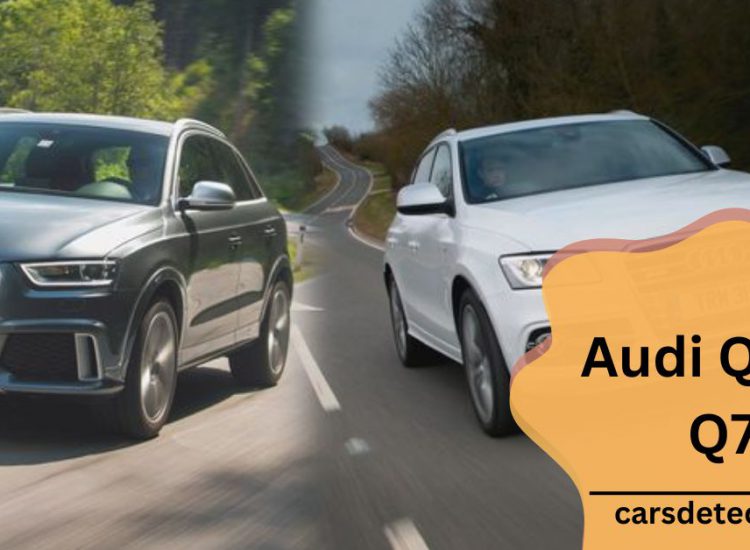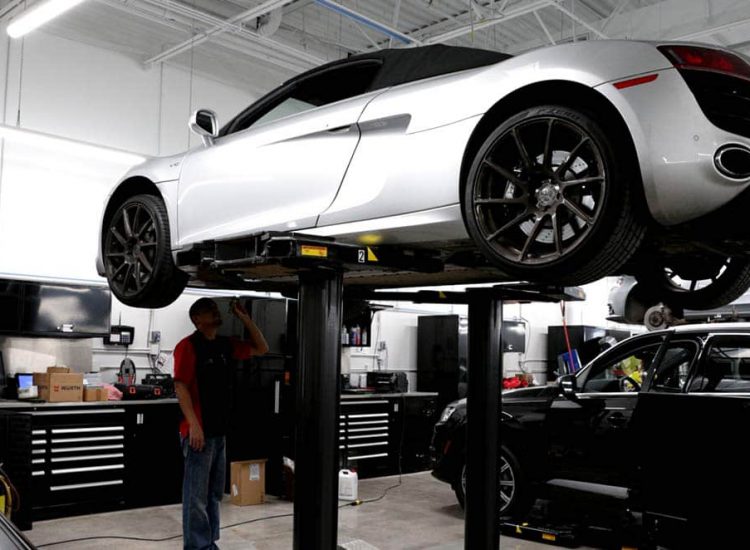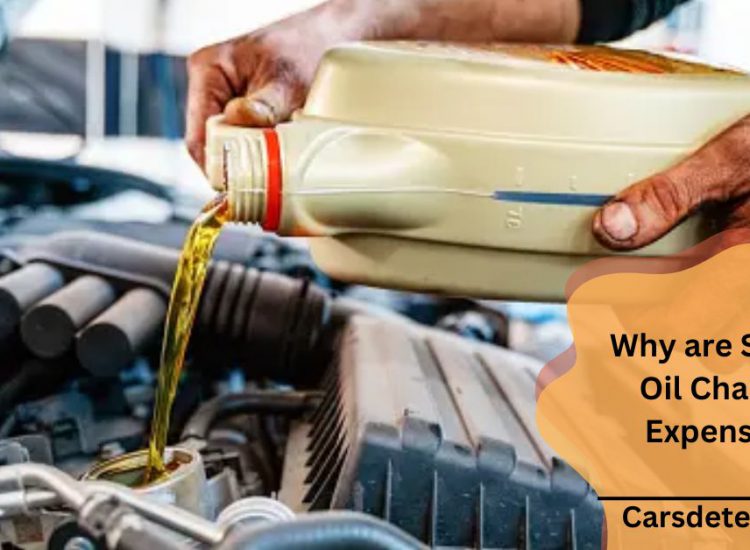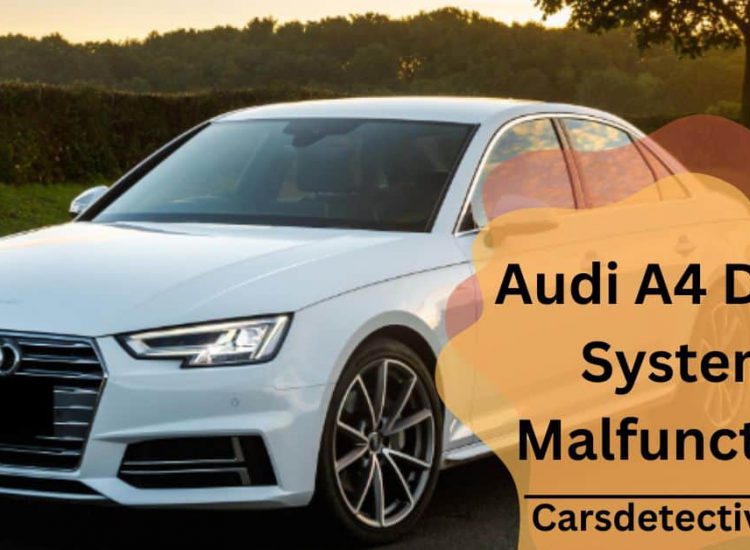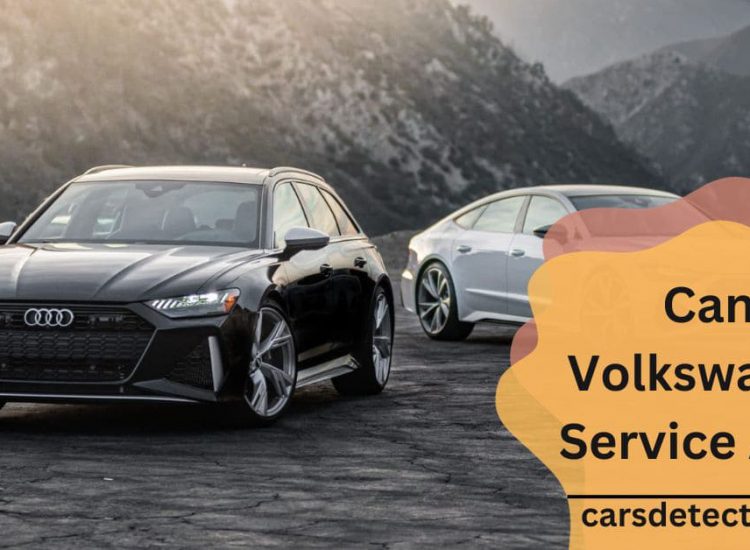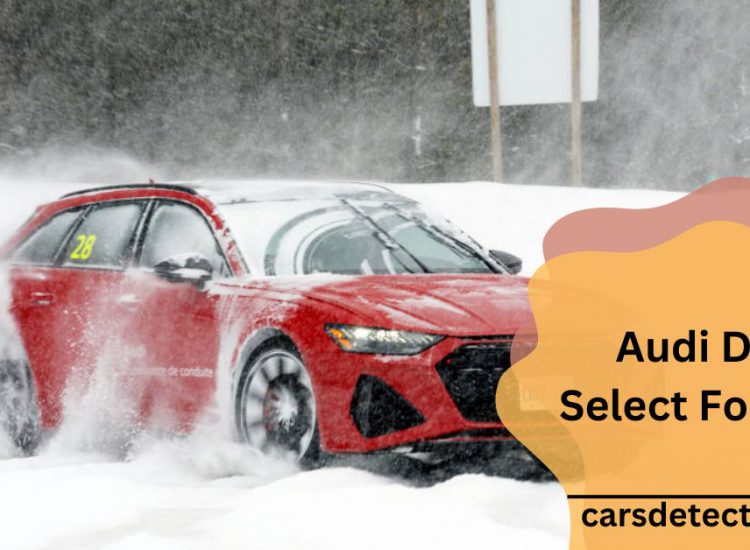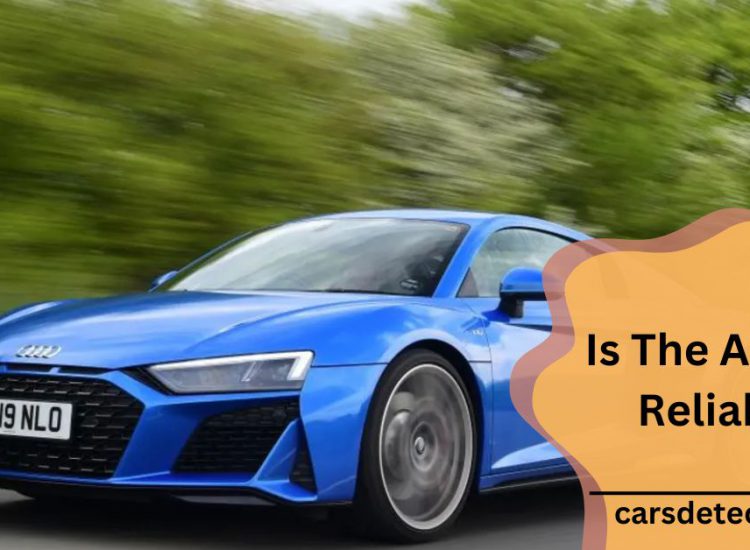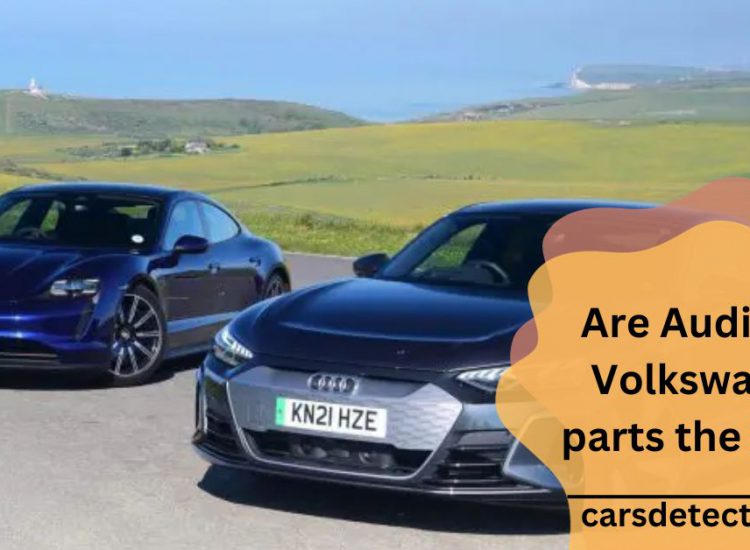A sudden rattling noise when accelerating is a significant concern on the road, especially with an Audi engine. It not only affects the immediate drive but can have long-term consequences.
Toc
Your Audi requires prompt diagnosis and repair to address the rattling noise for various reasons. The upcoming slide explains why Audi’s engine makes such noises during acceleration.
Take the first step in expanding your understanding of this topic by joining carsdetective.
Audi A4 Rattle When Accelerating – Briefly Discuss with us!
When accelerating, experiencing a rattling noise in your Audi A4 can be disconcerting and may signal underlying issues. Several potential factors could contribute to this phenomenon, ranging from minor concerns to more significant mechanical issues. One common culprit is loose heat shields in the exhaust system.
Over time, these shields can degrade, become loose, or corrode, resulting in an audible rattle during acceleration. Additionally, problems within the exhaust system, such as a damaged muffler or catalytic converter, can contribute to the noise. Inspecting the exhaust system for any visible damage or loose components is crucial.
Another area to consider is the engine mounts; worn or damaged mounts can allow excessive engine movement, leading to vibrations and rattling sounds. Issues with belts, particularly the serpentine or accessory belts, can also be a source of the problem. Regular inspections for proper tension and signs of wear are essential.
Sometimes, the timing chain tensioner may be the culprit, especially in Audi A4 models equipped with a timing chain. Ensuring the timing chain tensioner is in good condition is vital to prevent rattling noises. Transmission-related problems, such as a loose torque converter or issues with transmission mounts, can contribute to rattling during acceleration.
A professional diagnosis of the transmission system may be necessary to identify and address such issues. Additionally, poor engine performance, including misfires or ignition problems, can result in unusual noises.
Read Also: Audi Drive System Fault – Everything You Need to Know!
Examining Typical Reasons for Audi A4 Clicking Sounds During Acceleration – A Deep Dive!
Experiencing clicking sounds in your Audi A4 during acceleration can cause concern. This article explores common reasons behind such noises and provides insights into potential issues that drivers may encounter.

Possible Causes:
- CV Joint Issues:
Clicking sounds may stem from worn or damaged Constant Velocity (CV) joints. These joints in the axle can produce clicks when they are compromised. Regular inspection and maintenance are crucial.
- Faulty Axle Shafts:
Damaged or worn axle shafts can contribute to clicking noises during acceleration. Inspecting the condition of axle shafts is essential to identify any potential issues.
- Loose or Worn Suspension Components:
Clicking sounds might originate from loose or worn suspension parts, such as sway bar links or bushings. Ensuring the integrity of these components is vital for a smooth and quiet ride.
Read Also: Can Volkswagen Service Audi – Schedule your service with us at Volkswagen now!
Inspection and Diagnosis:
- Visual Inspection:
Conduct a visual examine the CV joints, axle shafts, and suspension components. Look for signs of wear, damage, or any loose connections.
- Road Test:
Perform a road test to replicate the conditions causing the clicking sounds. Pay attention to when the clicks occur, whether during acceleration, turning, or both.
- Professional Assessment:
If the cause remains unclear, seek the expertise of a qualified mechanic or visit an authorized service center. Professional diagnostics may be necessary to pinpoint the exact issue.
Preventive Measures:
- Regular Maintenance:
Adhering to a routine maintenance schedule is crucial for identifying and addressing potential problems before they escalate. This includes inspecting and lubricating CV joints, checking axle shafts, and maintaining suspension components.
- Prompt Repairs:
Any problems should be fixed right away to avoid more harm. Ignoring clicking sounds can lead to more extensive and costly repairs.
Read Also: Audi Q5 Steering Defective Do Not Drive – Immediate Audi Service Required!
Recognizing Engine Sounds – Let’s Check!
Recognizing engine sounds is a skill that can offer valuable insights into the condition and performance of a vehicle. It involves distinguishing various auditory cues the internal combustion engine generates during operation.
One of the primary components contributing to these sounds is the combustion process within the engine cylinders. The explosions that occur during combustion create a distinct noise, often referred to as combustion noise.

In addition to combustion noise, other mechanical elements within the engine contribute to the overall auditory profile. As they operate, moving parts such as pistons, crankshafts, and valves generate mechanical noise.
The exhaust system also plays a crucial role, producing noise as hot gases exit the engine and travel through the exhaust pipes. Together, these components create a symphony of sounds that can be categorized into different types based on driving conditions.
When the vehicle is stationary, the engine produces a characteristic set of sounds during idle. Acceleration introduces changes in pitch and intensity, creating a dynamic auditory experience. Deceleration, on the other hand, results in unique sounds as the engine slows down.
Read Also: Audi A4 Rattle When Accelerating – Complete Guidelines!
Typical Engine Sounds – Let’s Explore!
Engine sounds refer to the audible vibrations an internal combustion engine produces during operation. These sounds can provide valuable information about the engine’s condition, performance, and overall health.

Components of Engine Sounds:
- Combustion Noise: The explosions in the engine cylinders during the combustion process generate a distinctive noise.
- Mechanical Noise: Moving parts within the engine, such as pistons, crankshafts, and valves, contribute to the overall sound.
- Exhaust Noise: The sound produced as exhaust gases exit the engine through the exhaust system.
Read Also: Are Audi and Volkswagen parts the same – Discover top-quality components!
Types of Engine Sounds:
- Idle Sounds: The noise emitted when the engine runs at a standstill.
- Acceleration Sounds: Changes in pitch and intensity during acceleration.
- Deceleration Sounds: Unique sounds are produced when the engine slows down.
- Cruising Sounds: The consistent hum during steady-state driving.
Read Also: My Audi App Not Working – Unlock new features!
Factors Influencing Engine Sounds:
- Engine Type: Different types of engines, such as inline-4, V6, V8, and rotary engines, produce distinct sounds.
- Cylinder Arrangement: The arrangement of cylinders affects the firing order and, consequently, the sound.
- Exhaust System Design: The design of the exhaust system, including mufflers and resonators, influences the final sound heard.
Regulatory Considerations:
- Noise Regulations: Some regions have specific regulations governing vehicle noise levels to address environmental and community concerns.
- Electric Vehicle Sound Requirements: Regulations may mandate artificial sounds for electric vehicles to alert pedestrians.
Frequently Asked Questions:
Is it safe to drive with the rattling noise?
Short distances are generally safe, but continuous driving may cause further damage. It’s best to get the issue inspected promptly.
Can a worn timing chain/belt cause the noise?
Yes, a worn or loose timing chain or belt can lead to rattling, especially during acceleration. Timely repair is crucial.
Can a faulty catalytic converter cause rattling?
Yes, a malfunctioning catalytic converter can produce rattling sounds. Inspection and replacement may be necessary.
How can I prevent rattling issues?
Regular maintenance and timely inspections of the exhaust system and engine components can help prevent rattling problems.
Conclusion:
At the end of the conclusion,
The abrupt rattling noise while accelerating is a severe road issue, particularly with an Audi engine. It doesn’t just impact the current drive but may lead to lasting consequences.

